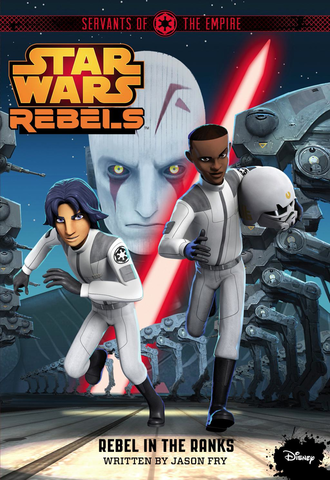 Continued from Part One, where we discussed the Rebels timeline and Zare Leonis’s speculated connections to The Force Awakens.
Continued from Part One, where we discussed the Rebels timeline and Zare Leonis’s speculated connections to The Force Awakens.
Speaking of The Force Awakens again, I was just at the panel for that yesterday morning, and Kathleen Kennedy made a comment about how the new Star Wars is gonna be more inclusive for the fandom…have more recognition for female fans, starting with the films. What do you think the chances of that being reflected in the new novels are? We have characters like Merei of course, and we have Sabine and Hera from Rebels. Is there gonna be time to have—and Merei had a joint point-of-view with Zare in your second novel—is there gonna be a chance to have a female-led Star Wars young adult novel, or adult novel in the future?
Um…there’s nothing in my work that addresses that, that I have in the works, but yeah. I think that’s definitely happening, and I think it’s gonna be wonderful when it happens, and I bet it would happen very soon. I don’t know any secrets, but like you, I can see that yes, as Kennedy said, Star Wars has made, I think, a huge jump in that realm. And it’s great, because one thing you see at a convention like this, you see talking to fans, is that Star Wars really does lead the way people think about things, and that’s wonderful. Read More
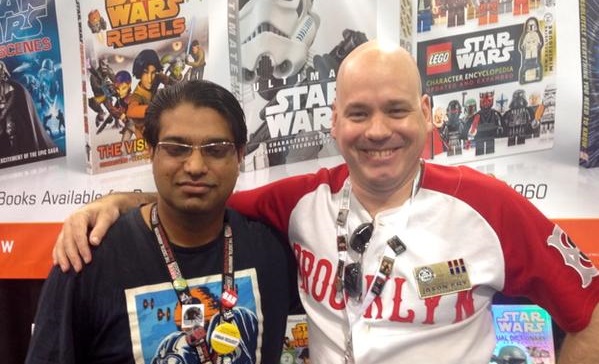
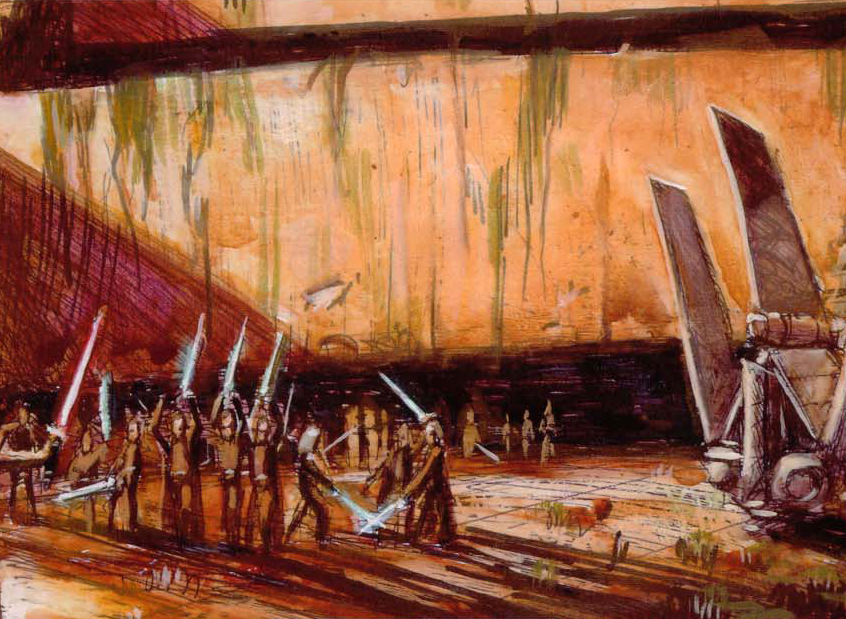 One of the great problems of the old Expanded Universe is just how much it fails the next generation. For a galaxy-spanning tale of war and intrigue that ropes in thousands of years of characters, there can often be a striking lack of young characters, those ready to take the reigns as their elders die or retire. During a time of transition, of changing the guard so to speak, we must establish who is taking over. The prequels and many of the Old Republic-era novels are good at setting up new characters and allowing for the young to continue their forefathers’ legacy, but by the time of the Yuuzhan Vong invasion, much of this has broken down. The next generation has been lost and forgotten. Why? What really is its purpose, other than for plot? It’s time to accept that we need new main characters, something The Force Awakens appears ready to do.
One of the great problems of the old Expanded Universe is just how much it fails the next generation. For a galaxy-spanning tale of war and intrigue that ropes in thousands of years of characters, there can often be a striking lack of young characters, those ready to take the reigns as their elders die or retire. During a time of transition, of changing the guard so to speak, we must establish who is taking over. The prequels and many of the Old Republic-era novels are good at setting up new characters and allowing for the young to continue their forefathers’ legacy, but by the time of the Yuuzhan Vong invasion, much of this has broken down. The next generation has been lost and forgotten. Why? What really is its purpose, other than for plot? It’s time to accept that we need new main characters, something The Force Awakens appears ready to do.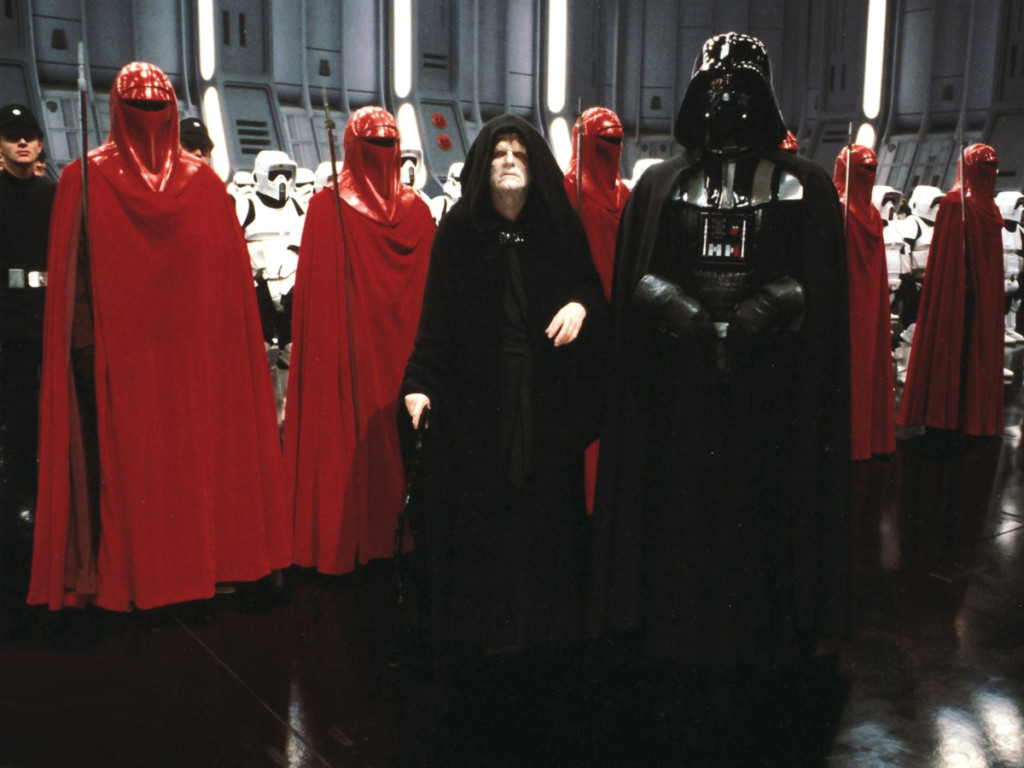
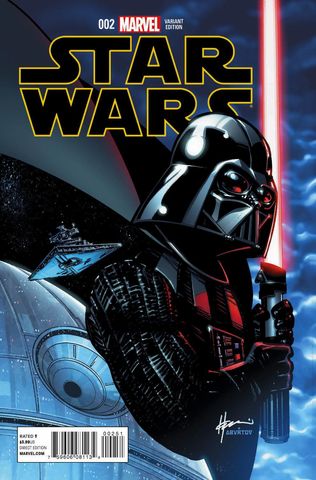 We knew early on that a group piece would be in the cards to celebrate this, the one-year anniversary of the Legends announcement. But without really planning it, it just sort of worked out that
We knew early on that a group piece would be in the cards to celebrate this, the one-year anniversary of the Legends announcement. But without really planning it, it just sort of worked out that 